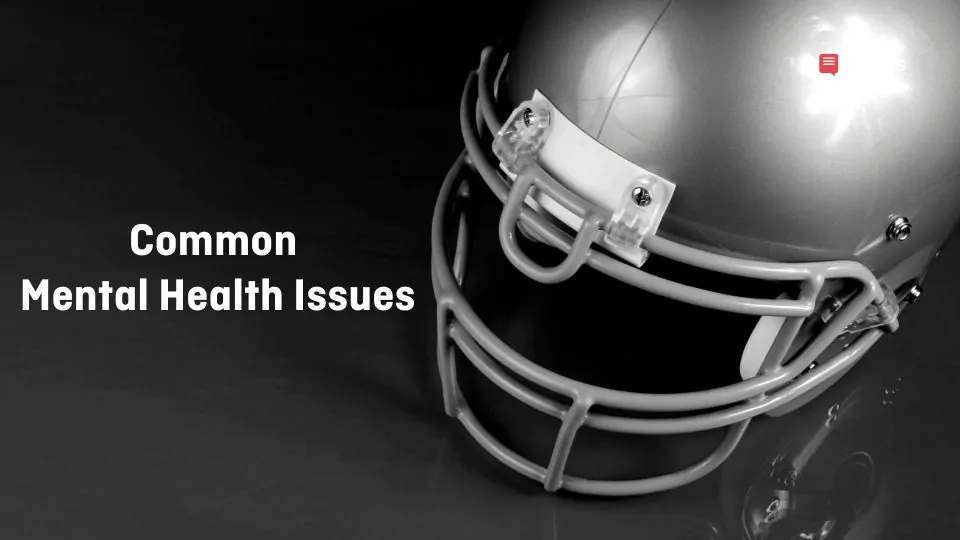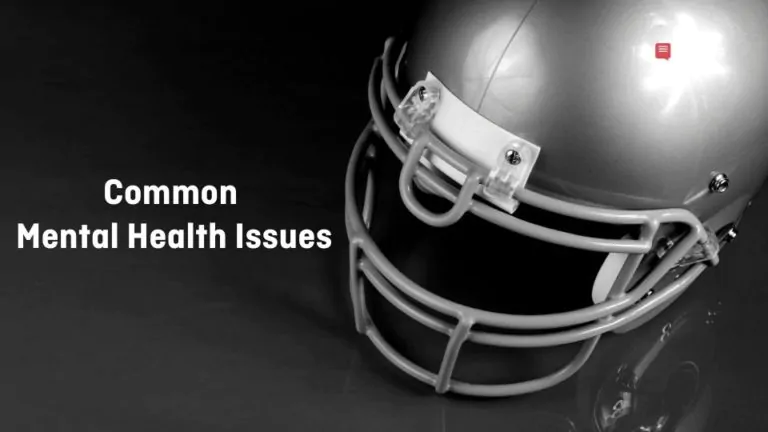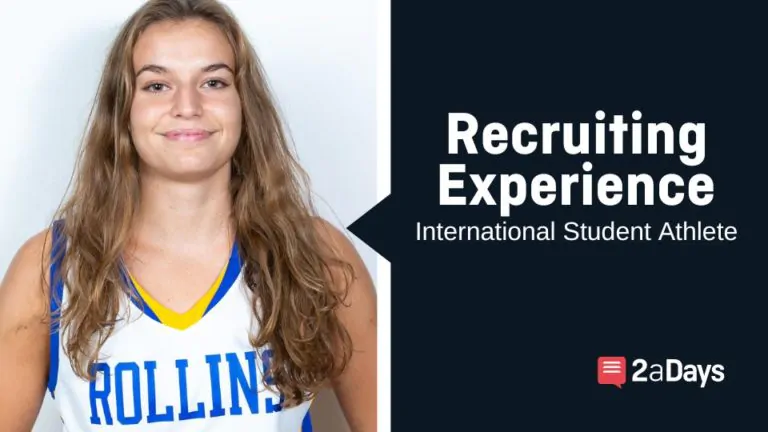Content Warning: Suicide and self-harm
In recent years, the football world has become more and more open about issues regarding mental health. In the pro sphere, there are people like Dak Prescott who are advocates for mental health treatment and are very transparent as to how their lives and others are impacted due to mental health problems. In college, perhaps due to players not wanting to jeopardize their future, mental health issues are seldom talked about. But tragic cases like Tyler Hilinski go to show that players at every level struggle with their mental health and more awareness is needed. In order to show how real these problems really are, we looked over scholarly research examining mental health issues in college football and found real-world examples to give a realistic picture. Here are three big mental health issues all football players should be aware of.
Related: Rate your Coaches, Facilities, and Campus Visits
- Depression related to concussions
It's no secret that concussions are closely linked to the game of football. With the violent nature of the game, it's very hard to play without putting one's head at risk. Many studies have gone into detail examining the nature of concussions, this one found a positive relationship for a player's number of concussions and the severity of depression that they felt. There are countless scientific journals that examine repeated trauma to the head and depression, and in a sport like football, hard hits are bound to happen. While research regarding depression and CTE is still in its infancy, what we could recommend is making sure your style of play protects your head. Mike Webster, who was notorious for leading with the crown of his helmet during his playing days, also found notoriety following his depression diagnosis and eventual suicide. Involving the head in contact can no doubt lead to concussions, and while you might be able to walk off the stinger brought by that, the long-term depressive effects are inescapable.
Related: Handling Depression as a Student-Athlete
- Anxiety and Performance
Plenty of athletes deal with anxiety but too much of it can destroy you. When anxiety gets out of hand, it can hinder performance, which only leads to more reasons that a player can find for anxiety. Being open about struggles is a therapeutic experience and can release you from anxiety's clutches. Ricky Williams famously had to miss an entire season due to his anxiety, but what's worth noting is that when he returned he put up career numbers. Football is an anxiety-inducing game, it's natural to feel nervous, but to push it down and let it slowly defeat you is a travesty. Don't wait until it's too late to talk to a teammate, coach, or therapist about your anxiety.
- Substance abuse and functioning
This topic is something that is hard to address in any context, let alone college sports. As stressful as college athletics is, many turn to substances as an escape from their pressure. A person can't play football without going through physical pain at some point, and rehabbing injuries can be frustrating, so many players turn to substances as an outlet. Brett Favre has shared his struggles in the past, but many more have gone through the same experience. Dealing with substance abuse weighs on a person's mind heavily. What is great about Favre's story is that his openness about everything made him seek treatment. A future where college football players are transparent about their substance abuse, despite the negative stigma of such struggles, can be one where players can receive treatment and live a fuller life after football.
Regardless of what you're going through as an athlete, you have resources available to you, whether it's your coach, your teammates, or a professional on campus. Don't be afraid to ask for help.
Have an idea for a story or a question you need answered? Want to set up an interview with us? Email us at [email protected]
* Originally published on May 20, 2022, by Isaac Haney







